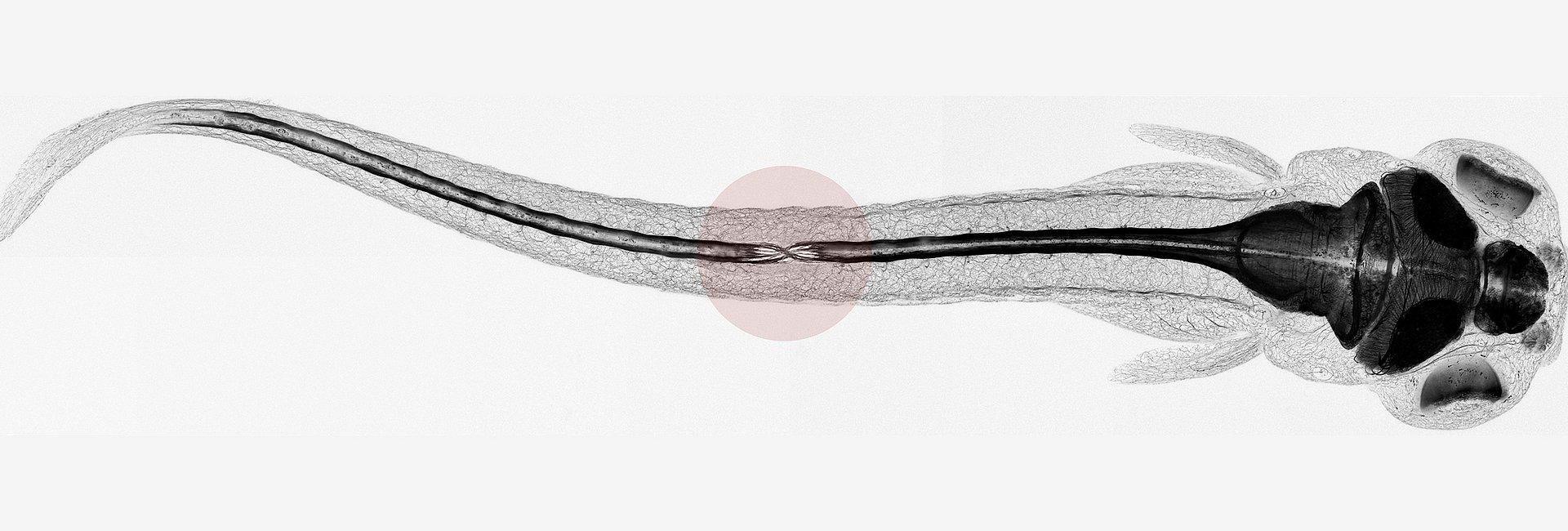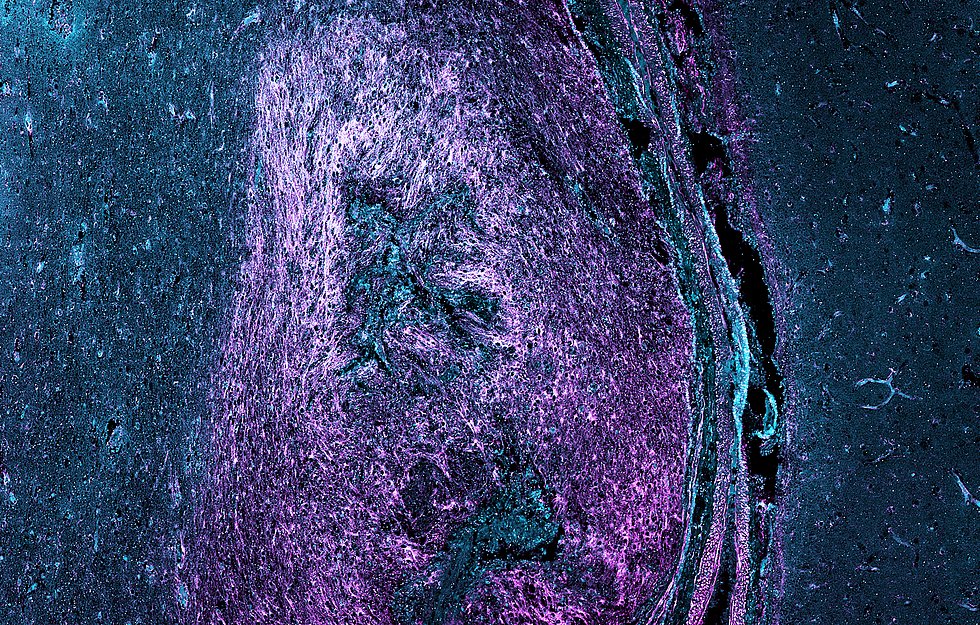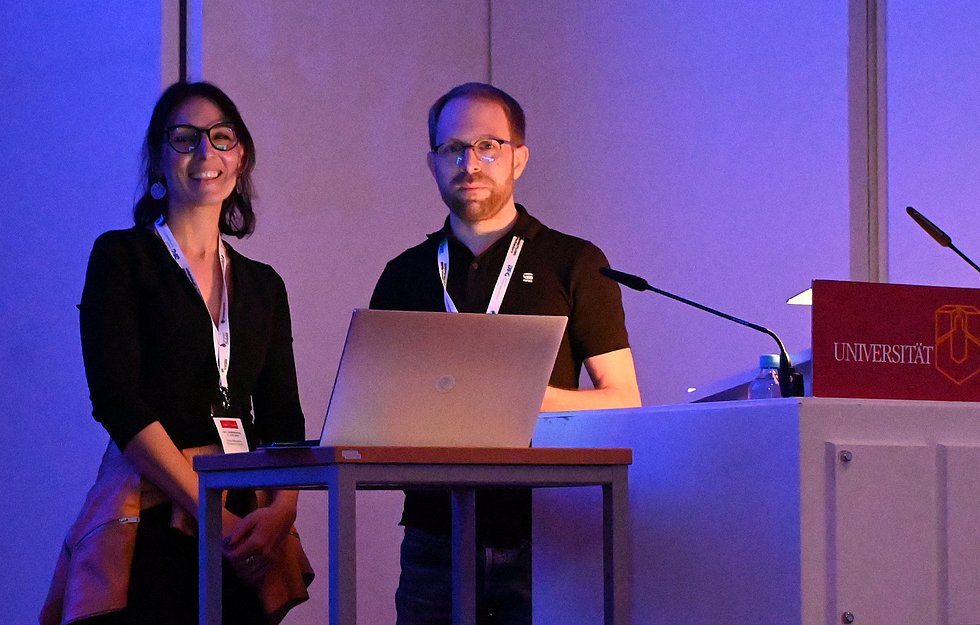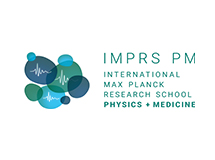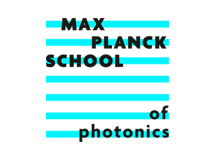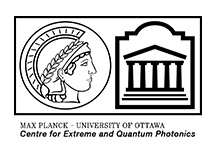Welcome to the Research Group Neuroregeneration
The independent Neuroregeneration research group at the Max Planck Institute for the Science of Light and the Max-Planck-Zentrum für Physik und Medizin in Erlangen is investigating the astounding ability of zebrafish to regenerate spinal connections and recover locomotor function after injury. We aim to understand how these animals accomplish this complex task with the ultimate goal of using this knowledge to develop therapeutic interventions to promote regeneration in humans.
Why are some vertebrate species able to regenerate the spinal cord after injury?
Spinal cord injury (SCI) severs axons which then fail to regrow, resulting in permanent sensorimotor and autonomic dysfunction with debilitating consequences for affected individuals. Locally forming fibrous scar tissue, composed of extracellular matrix (ECM) deposits, presents a major barrier to axon regeneration because of its adverse biochemical and mechanical properties. Despite decades of research, no effective treatment which can promote axon regeneration across central nervous system (CNS) scars exists. Unlike humans and other mammals, zebrafish are capable of long-distance axon regeneration after SCI, leading to near full recovery of locomotor function. Their elevated central nervous system (CNS) regenerative capacity stems mainly from a specific regeneration-favorable injury ECM. We are investigating the regulation, biochemical composition, and mechanical properties of the regeneration-promoting ECM in the zebrafish spinal lesion site, with the end goal of pinpointing critical differences to scar-forming processes in the mammalian CNS. Key questions which our research addresses are:
- How are regeneration-permissive lesion environments established after CNS injury?
- How can CNS axon regeneration be promoted in regeneration-limiting environments?
To answer these questions, we are using a broad range of state-of-the-art optical imaging technologies, such as Brillouin microscopy, genetics, and molecular biology methods. Furthermore, we are developing innovative humanized zebrafish models to explore new therapeutic approaches to spinal cord repair.
Contact
Research Group Daniel Wehner
MPI for the Science of Light
Staudtstr. 2
91058 Erlangen, Germany
daniel.wehner@mpl.mpg.de
+49 9131 7133550
Research team leader Dr. Daniel Wehner
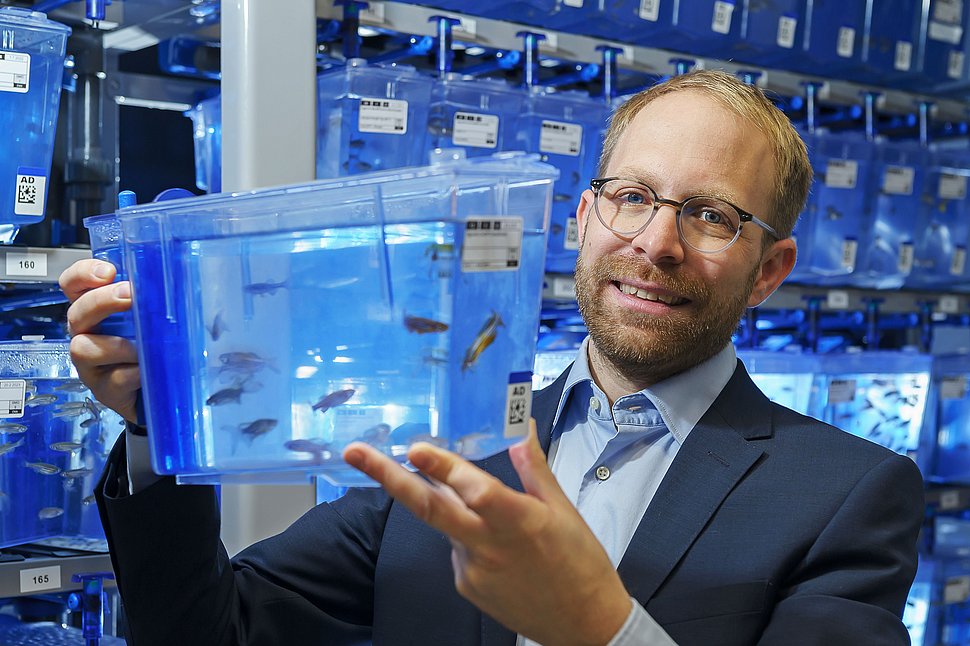
"Our research contributes to the identification of the fundamental mechanisms governing axon regeneration in the zebrafish spinal cord with clear translational implications for CNS injury in humans."

